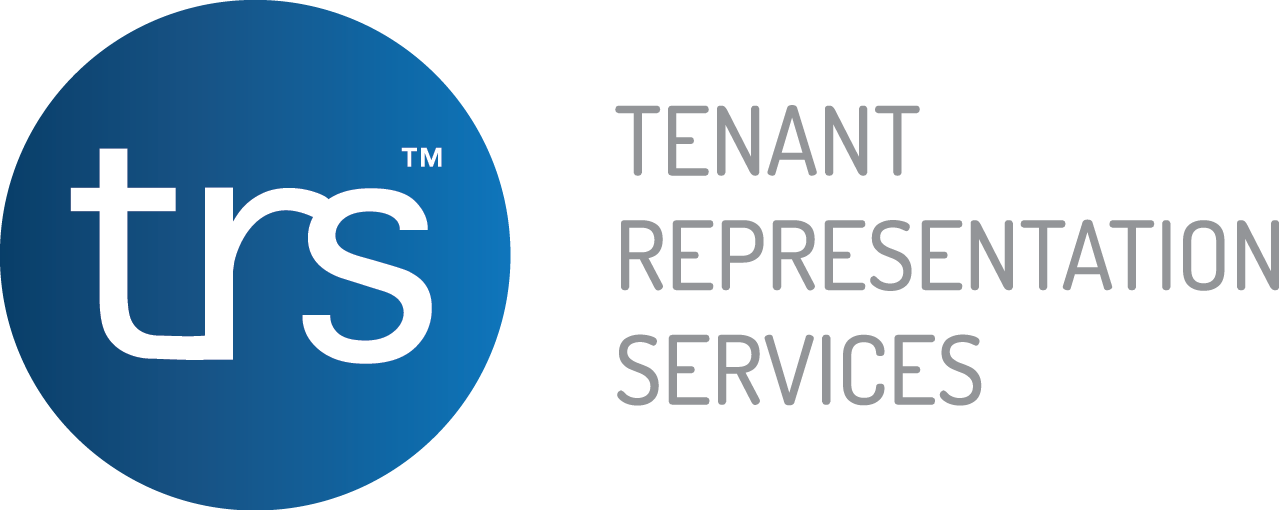Understanding and effectively using leverage is crucial in office lease negotiations, as it allows tenants to shape the terms of the agreement more to their advantage.
Like it or not, leasing office space entails a negotiation and negotiations are all about leverage.
In the context of negotiating, leverage refers to the strategic advantage or power that one party holds over another that can be used to sway the outcome in their favour.
Leverage can take various forms, such as financial resources, information, expertise, having options, or even emotional factors.
When we negotiate an office lease for a client, we’re always looking to maximise our leverage with the landlord.
Here are 3 important sources of leverage in office lease negotiations:
Time
It’s important not to leave your lease expiry planning until the eleventh hour. If you wait until the last minute before your lease expires, then the landlord knows you won’t have enough time to consider any other options.
That’s why savvy tenants give themselves plenty of time to research the market and investigate comparable office space options.
Novices often underestimate how long a lease negotiation can take. Leave yourself enough time for market research and back-and-forth negotiations so you don’t end up having to sign a less-than-ideal lease in a time crunch.
Knowledge
Market knowledge lays the foundation for negotiation leverage. Commercial real estate is not as transparent as residential real estate, but information on office space is available if you’re willing to do the research.
A tenant with detailed knowledge of the average asking price in their market, landlords’ incentives being offered, vacancy rates, vacancies in the building, sublease availability, the landlord’s situation, and other market-specific information is in a stronger position when it’s time to negotiate with landlords.
Options
Even if you have no intention of moving, it’s a good idea to get one or two offers for alternative office space. There are two reasons why:
Firstly, you may think your landlord is offering a “good deal”. But the only way to know whether it’s a good deal is by benchmarking it against other equivalent options in the market.
Secondly, if your landlord thinks you might move out, they will be more motivated to give you concessions to convince you to stay.
Creating competition amongst other landlords is the best way to remind your landlord how valuable your tenancy is.
In the case of relocation, it’s a lot easier to get a better deal when there’s competition for your business. If you limit yourself to one property, you are at the mercy of that landlord. Landlords will be more likely to offer you a better deal if they know that others are vying for your business.
The easiest way to get leverage
Most companies that negotiate office leases on their own do so at a huge disadvantage.
The landlord usually has the advantage because they have an agent negotiating on their behalf who has strong knowledge of the building, market expertise and time-tested negotiation strategies.
Hiring a tenant representative who will represent your company’s best interests levels the playing field for you.
Tenant representatives are skilled negotiators who improve your leverage and develop a strategy that maximises your position at the negotiating table.
If you’re serious about getting the best deal on your office lease, hiring an independent tenant representative is a very good idea! Give us a call



